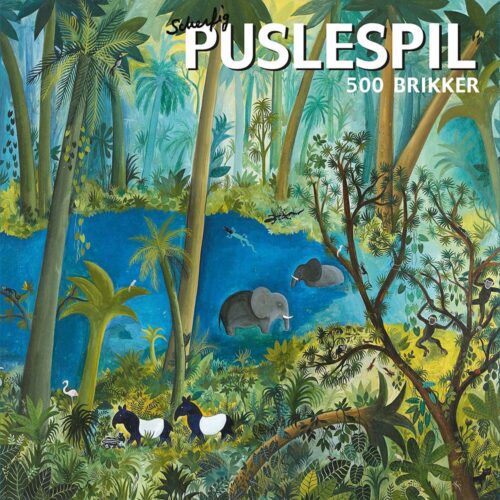Following modern and postmodern philosophy’s critique of metaphysics, experiences of transcendence are often considered ‘aesthetic’ rather than ‘metaphysical.’ However, aesthetics is mostly identified with the study of art, and aesthetic phenomena are considered particularly sensuous. This book criticizes such an approach to aesthetics, which has led many philosophers and theologians to neglect or reject aesthetics as a philosophical or theological discipline. It demonstrates how contemporary philosophy and theology may benefit from studying the mind-opening and world-transformative nature of our experiences of transcendence. In addition, it presents the significance of such experiences for the understanding of, for example, art, faith, prayer, presence, beauty, sensitivity, imagination, receptivity, and divinity.








